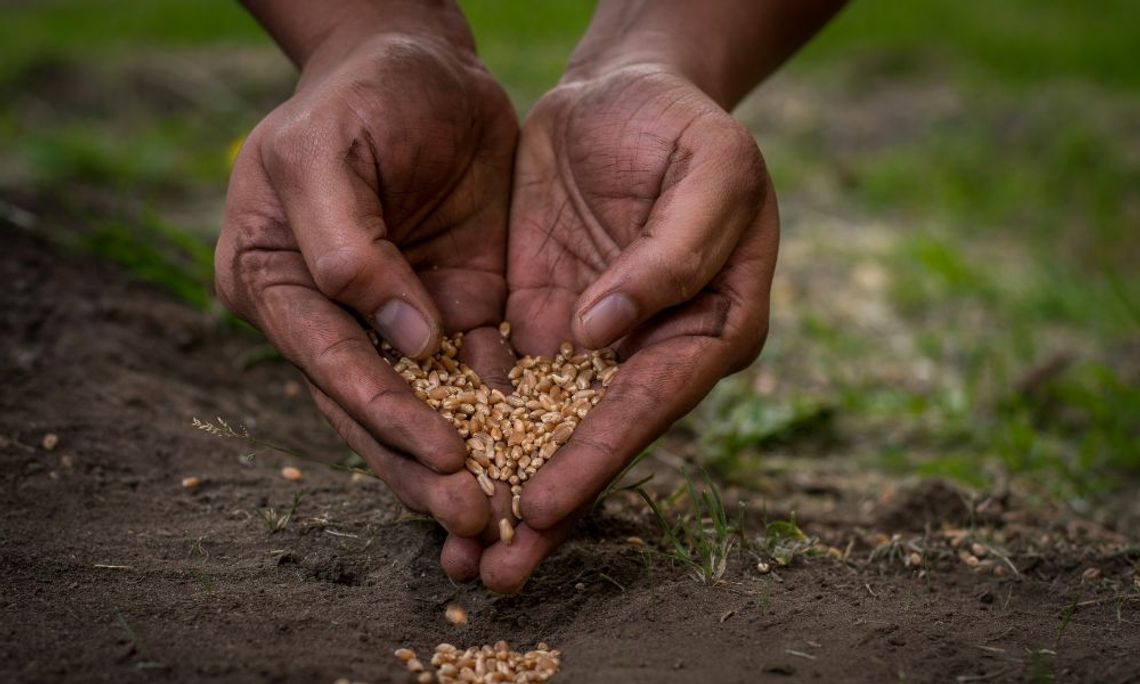Seed sovereignty is a concept that resonates deeply within the hearts of Indigenous peoples. This principle extends beyond agriculture and farming, serving as an emblem of cultural heritage, survival, and autonomy. It represents the inherent right of these communities to save, exchange, and control their own seeds, thereby preserving their food systems and traditions that have passed down through generations. Read on to learn more about seed sovereignty and why it is vital for Indigenous peoples.
What Is Seed Sovereignty?
Seed sovereignty is a term that encapsulates the right of farmers, gardeners, and communities to save, breed, and exchange their own seeds freely. It is a form of resistance against corporate control over seeds and an assertion of Indigenous rights over their agricultural practices. Seed sovereignty is about more than just ownership; it is about the power to determine what grows and how it grows. It is about maintaining the diversity of crops that people have cultivated for centuries and ensuring this diversity continues for future generations.
The Historical Importance of Seeds for Indigenous Peoples
Seeds have held a profound historical significance for Indigenous peoples. The most popular seeds were a source of food and representative of culturally significant farming practices. One of the most prominent examples is the “Three Sisters” agricultural method many Native American tribes used. This method involves growing corn, beans, and squash together in a mutually beneficial arrangement.
The corn provides a structure for the beans to climb, the beans produce higher nitrogen levels in the soil for the other plants, and the squash provides coverage from sunlight. These crops provided a balanced diet but were far from the only historically significant seeds! Other important crops included sunflowers, wild rice, and various types of berries.
Beyond their role in agriculture, seeds also played a significant role in various cultural ceremonies and traditions, symbolizing life, growth, and prosperity. Basically, seeds are not just a source of food; they represent cultural heritage and ancestral connection to the land.
How To Preserve Seed Sovereignty for Native Americans
Preserving seed sovereignty for Native Americans requires collective efforts from stakeholders. Allies can contribute by promoting and supporting Native American seed banks and seed exchange programs. These platforms facilitate the preservation of Indigenous seeds and promote the sharing of knowledge about traditional farming methods. Furthermore, allies can advocate for government funding to support these initiatives.
The cultivation of heirloom seeds is another effective strategy for maintaining seed sovereignty. Heirloom seeds are varieties that people have saved and passed down through generations due to their valued characteristics. They are open-pollinated, meaning they breed true to type, ensuring subsequent generations inherit the same traits. Plus, heirloom seeds last a long time, thanks to their healthy genetic makeup!
Understanding why seed sovereignty is vital for Indigenous peoples ensures the preservation of Native American heritage and culture. Here in Pelahatchie, a town named after the Native term for “crooked creek,” you can’t help but find inspiration from our original inhabitants.


Comment
Comments